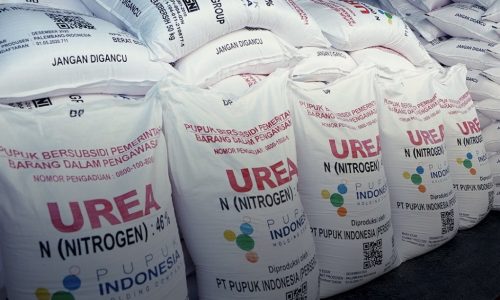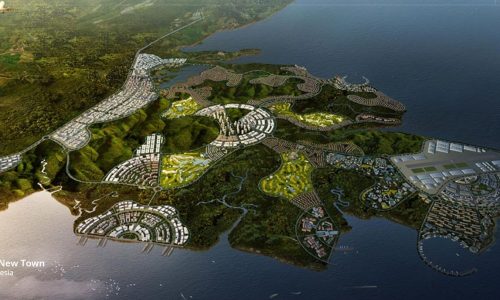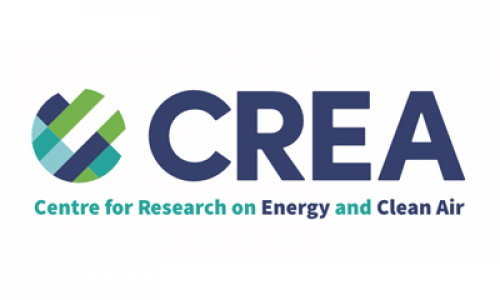The Ministry of Energy and Mineral Resources (ESDM), is introducing measures to streamline the environmental approval process for EV Public Charging Stations (SPKLU) operators, aimed at bolstering the Battery-Based Electric Motor Vehicles (KBLBB) ecosystem.
Dwi Nugroho, Director of Technical and Environmental Affairs at ESDM, stated that collaborations have already been established with relevant agencies such as the Ministry of Environment and Forestry (KLHK), the Ministry of Investment/BKPM, and PT PLN (Persero).
“Previously, the approval process for SPKLU was categorized as a medium-high risk activity. Now, obtaining SPKLU permits falls under the medium-low risk category,” announced Dwi Nugroho on September 25, 2023.
To secure environmental approval for SPKLU, entrepreneurs need to submit all the necessary information and requirements to the Online Single Submission (OSS) system via AMDALnet.
Subsequently, the AMDALnet system automatically processes the required environmental documents for SPKLU activities. Standard Environmental Management Efforts (UKL-UPL) forms for SPKLU are also readily available within this system.
“Following this step, the documents are forwarded to the Online Single Submission Risk-Based Approach (OSS RBA) system to fulfill the basic requirements for business permits,” added Dwi.
OSS RBA, or Risk-Based Business Licensing, is a business licensing mechanism granted to entrepreneurs for commencing and operating their businesses, assessed based on the level of risk associated with their activities. Dwi highlighted that both Environmental Approval and Business Permits can now be issued automatically through the OSS RBA system.
Furthermore, this process is facilitated through an efficient system with a Service Level Agreement (SLA) guaranteeing a maximum service time of approximately 2 hours.
To enable the issuance of environmental approval and business permits for SPKLU activities, KLHK and the Ministry of Investment/BKPM have integrated the AMDALnet system into the OSS RBA information system.
Dwi Nugroho emphasized the government’s continuous efforts to expand the number of charging stations or SPKLU. The proliferation of SPKLU facilities is geared toward supporting the convenience and accessibility of EV users.
Additionally, Nugroho noted that the latest data on registered SPKLU units with the Directorate of Technical and Environmental Affairs at the Ministry of ESDM totals 842 units at 488 locations. This data encompasses SPKLU managed by PT PLN (Persero), private installations in public areas, and public EV charging stations.
SPKLU operators push for tariff increase
Previously, the Indonesian EV Charging Station Entrepreneurs Association (APPKLI) urged the government to raise the electricity tariff for public EV charging stations (SPKLU) from IDR 2,466 per kilowatt-hour (kWh) to IDR 4,000-5,000 per kWh.
Abdul Rahman Elly, Advisor to APPKLI, argued that the current electricity selling price for SPKLU remains suboptimal. This is primarily because entrepreneurs must wait up to six years to recover their investment costs for building fast and ultra-fast charging SPKLU.
These calculations already incorporate cost-service incentives of up to IDR 25,000 for fast charging SPKLU and up to IDR 57,000 for one-time ultra-fast charging sessions.
The investment cost for procuring fast charging SPKLU stands at IDR 300-600 million per unit, while ultra-fast charging SPKLU units range from IDR 700 million to 1 billion each.
With the current electricity tariff of IDR 2,467 per kWh, Abdul noted that entrepreneurs only earn approximately IDR 865 per kWh from selling electricity through SPKLU to customers.
“We purchase electricity from PLN at IDR 1,600 per kWh, so the difference is minimal. The IDR 2,466 per kWh tariff is still too low,” asserted Rahman.
Abdul elaborated that if entrepreneurs were granted the authority to set the SPKLU electricity tariff at IDR 4,000 to IDR 5,000 per kWh, the potential return on investment would take no longer than four years.









